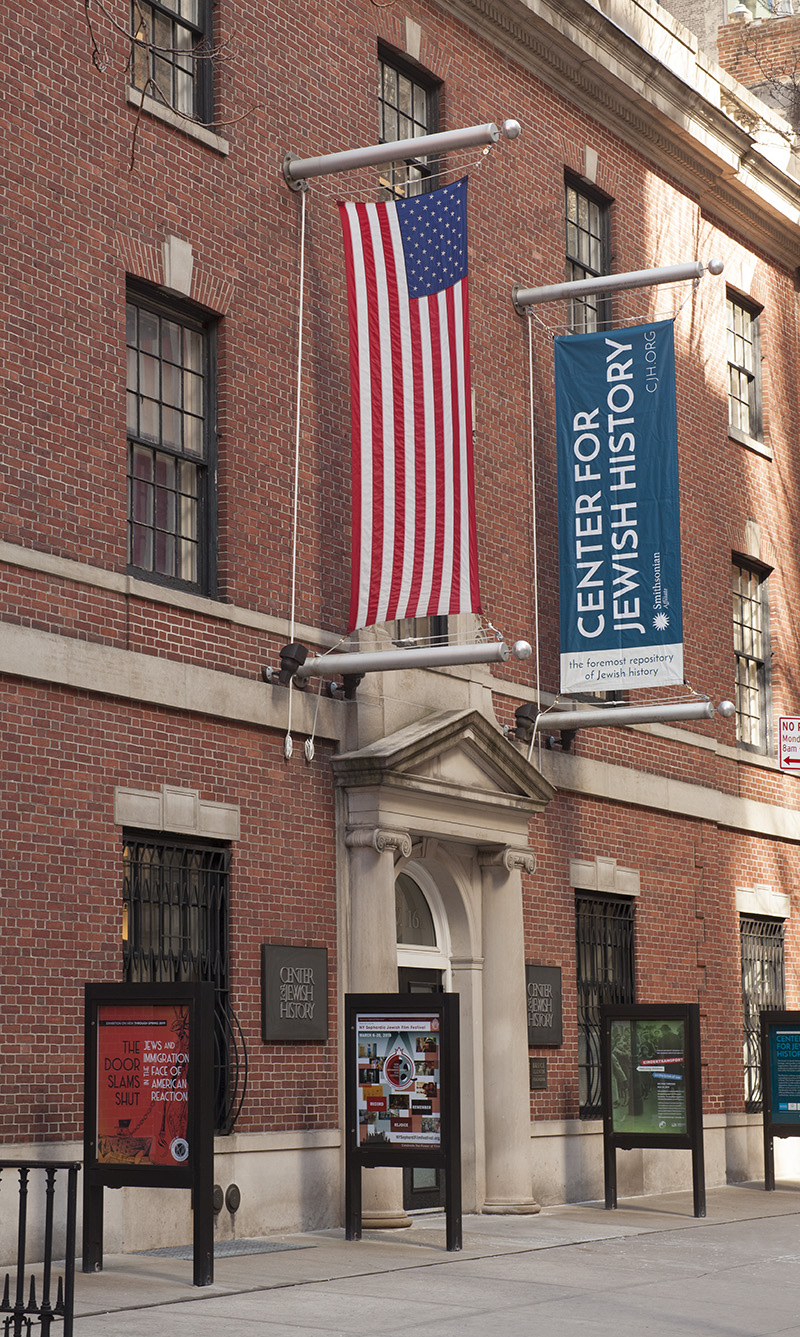conversation
"As a Jew" – Identity, Conflict, and Politics - In-person Event
Featuring Philipp Nielsen and Emily Tamkin
On the eve of WWI, German Jews had enjoyed full civil rights for at least a generation but found their place in society was still contested. Sensing an opportunity for full integration, many enthusiastically pledged their support to Kaiser and Fatherland. By 1916, when Prussian military officials demanded a census of Jewish soldiers to prove their suspicion that they were shirking combat duty, it was clear that the Jews might be blamed for a military defeat. And the “stab-in-the-back” myth that held Jews responsible for Germany’s catastrophic defeat in 1918 proved one of the most enduring tropes of the fascist movement.
As historian Philipp Nielsen has shown, however, not all German Jews perceived antisemitism as the greatest threat to their position in society in this period. Some during WWI viewed Germany as a potential liberator of their brethren in the East from the oppression of the Czar. After the war, many of those who resented the denigration of their war service by antisemites still saw a greater threat in Bolshevism. Some defended their belonging in the German polity by drawing careful distinctions between themselves and Zionists, Socialists, and new Jewish immigrants from the East.
In her survey of inner-Jewish conflicts over the last century in America, Bad Jews, Emily Tamkin has outlined how groups of American Jews have staked out analogous positions, both in the same period and up until the current day. While the context was different in the early 20th century and has only transformed since, many of the same divisions – between left-wing Jews and right-wing Jews, Zionists and non-Zionists, secular Jews and religious Jews – are recognizable.
Ticket Info: Free; registration required
Presented by:

conversation
